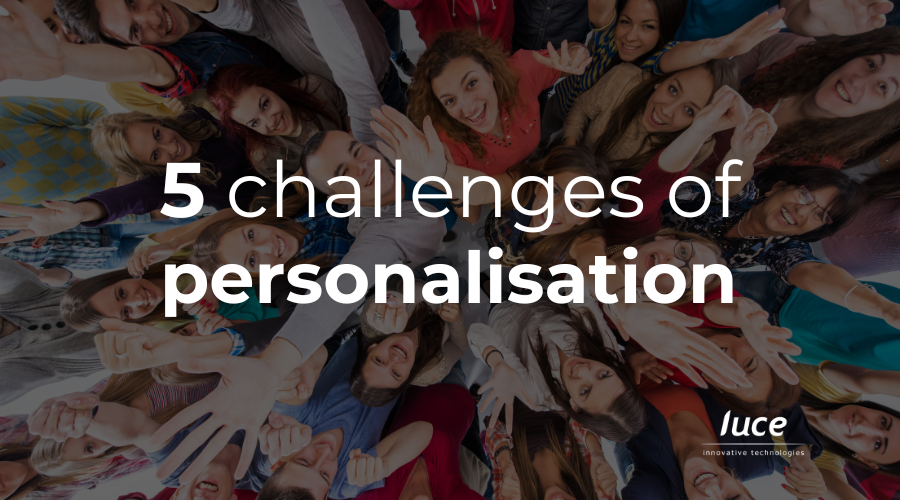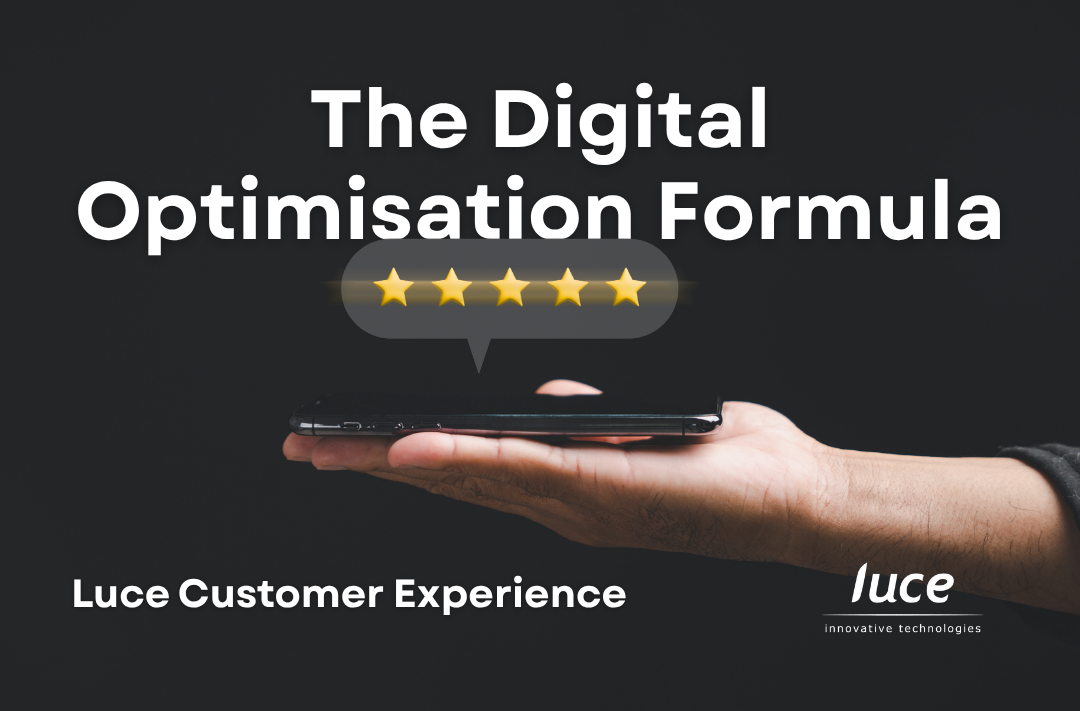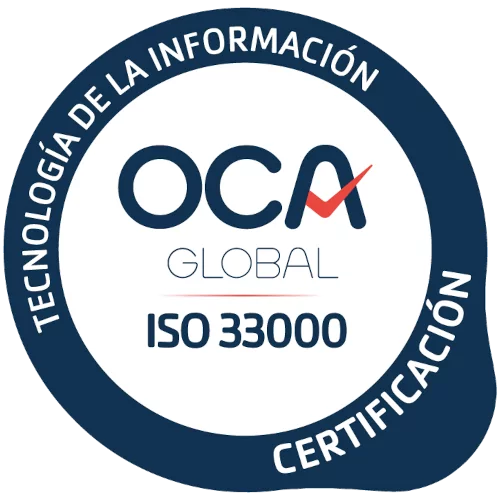
5 challenges of personalisation
Personalisation responds and tailors the website or app experience to users based on how they behave in real time or based on their previous preferences. Personalisation has been proven for a couple of years now to increase user satisfaction and brand loyalty, so it is a fundamental strategy for both businesses and organisations that interact with citizens.
The overall goal of personalisation is to match the experience offered to the user’s expected experience at the right moment in time.
The ability to tailor experiences and services to individual needs has proven to be an effective approach to building stronger relationships. However, both companies and organisations face challenges in implementing an appropriate personalisation strategy.
Let’s look at some of these challenges and how to solve them:
- Data Quantity and Data Quality
All organisations face an avalanche of data from multiple sources. The problem lies in how to manage and analyse all this information, to deliver effective personalisation, while contributing to intelligent decision making based on data and results.
Data quality remains a central challenge that many organisations have yet to solve. Although a multitude of Big Data and data analytics tools exist, the key is knowing how to organise and interpret that data effectively, structuring the information so that it is relevant to the organisation and the products and/or services offered. Artificial intelligence is playing an increasingly important role in data-driven analysis and decision-making.
Strategy: Implement advanced data management solutions and data analytics tools to transform data into actionable insights. Identify the most relevant and valuable data for personalisation.
- Privacy & Compliance
Concerns about data privacy are growing as technology advances, such as the increasing use of artificial intelligence. Undoubtedly, regulations and standards unequivocally influence how companies collect and use user data.
Legal restrictions and the cookie-less environment require a more careful approach to the collection and use of user data. Companies must find ways to obtain data without compromising users’ privacy and comply with current regulations, while using the information for personalisation.
Strategy: Ensure rigorous compliance with data privacy regulations, obtaining users’ consent for data collection, ensuring that data is protected against possible security breaches.
- Personalised Content
Creating content that is tailored to individual needs, preferences and behaviour, while being relevant and real-time for each user, is a creative and logistical challenge. Companies must find efficient ways to generate unique content.
Personalising messages, advertisements, images or product/service offerings is essential to increase conversion rates and improve customer retention, while strengthening brand loyalty.
Strategy: Automate content generation using advanced personalisation and recommendation systems. Use data to dynamically adapt content to customer preferences.
- Channel Coherence
Effective personalisation involves delivering consistent experiences across all digital channels, whether on the website, mobile apps, social media or in-store. Maintaining this consistency across multiple sources of interaction can be challenging, especially as users shift from one channel to another.
Multi-channel is essential to creating a 360° customer experience. Personalising the customer journey for each target customer is a must that must be applied at all stages: acquisition, modelling, acquisition, management and improved traceability.
Strategy: Implement omni-channel solutions that enable integration and consistency of data and strategies across all customer touch points.
- Scalability and automation.
Organisations are pursuing a 1:1 personalisation model with the user, given the need to adapt content, product and channel at the right time; but at the same time it is also necessary to expand efficiently to the rest of the users without losing quality and to do so in the most automated way possible.
With the ever-growing demand for personalisation, there is a need to automate processes and scale operations to ensure efficient delivery of personalised experiences. Automating and scaling is critical for businesses and organisations looking to implement effective personalisation strategies.
If we add campaigns, content and audiences to the range of personalisation options that currently exist across digital channels (web, app), owned channels (email, sms, wapp, push actions), offline channels (shop, office, contact centre) and paid channels (SEM, display, social), the combination is such that the team cannot adapt its ability to react without losing quality, or manage the continuous growth of work in a seamless way.
Strategy: Implement advanced automation solutions supported by next-generation technologies such as artificial intelligence and machine learning.
This enables the creation of efficient processes that can be adapted to meet the growing demand for customisation. In parallel, it is essential to ensure technological scalability, which implies that infrastructure and resources are flexible and able to grow without compromising performance. Finally, constant monitoring of the performance of automation and scalability strategies is essential.
Personalisation is a powerful approach within the CRO methodology that improves user satisfaction and strengthens relationships with brands.
If you are looking for effective solutions to overcome these 5 challenges and make the most of personalisation, we are here to help!
At Luce IT we are committed to delivering solid personalisation strategies and tangible business results. Contact us today and find out how we can work together to take personalisation for your company or organisation to the next level!
Luce IT, your reliable technological innovation company
“Creating happy teams”
The history of Luce is a story of challenges and nonconformity, always solving value challenges using technology and data to accelerate digital transformation in society through our clients.
We have a unique way of doing consulting and projects within a collegial environment creating “Flow” between learning, innovation and proactive project execution.
In Luce we will be the best offering multidisciplinary technological knowledge, through our chapters, generating value in each iteration with our clients, delivering quality and offering capacity and scalability so they can grow with us.
>>Would you work with Luce again?









